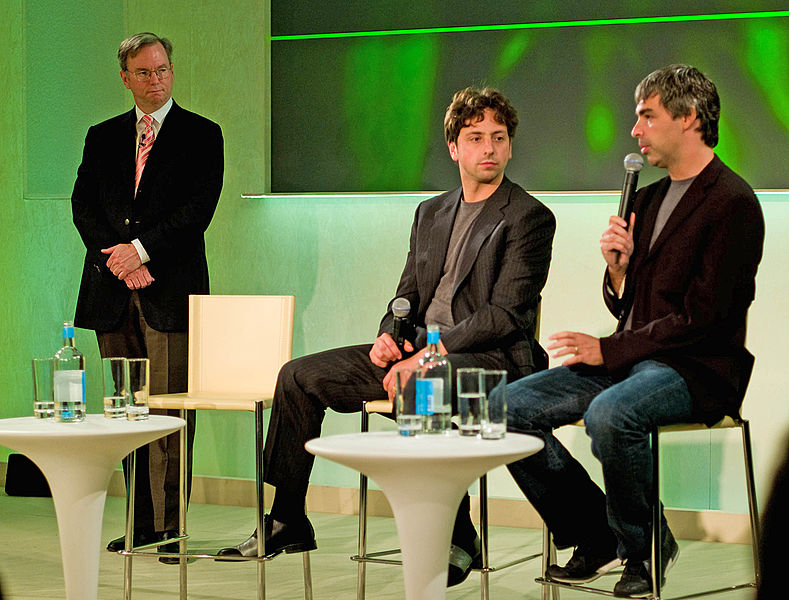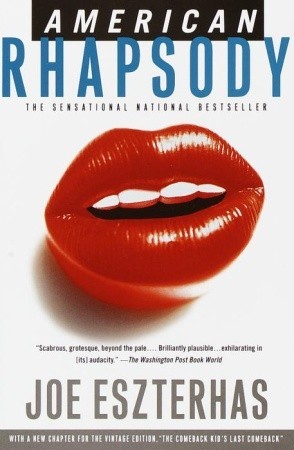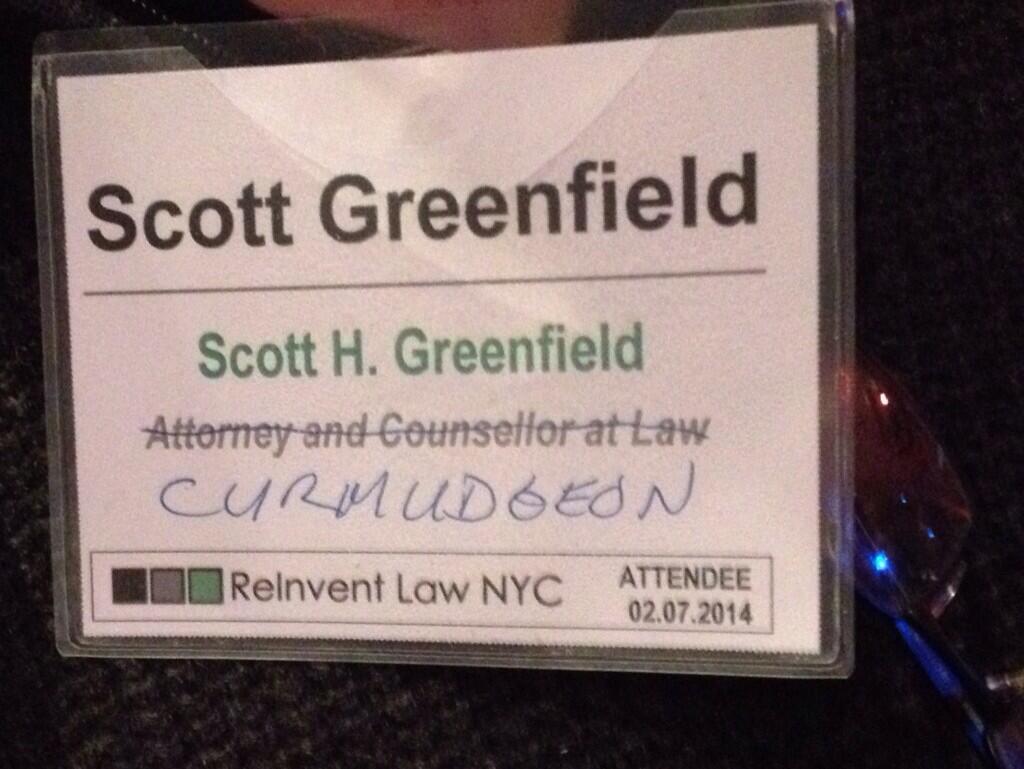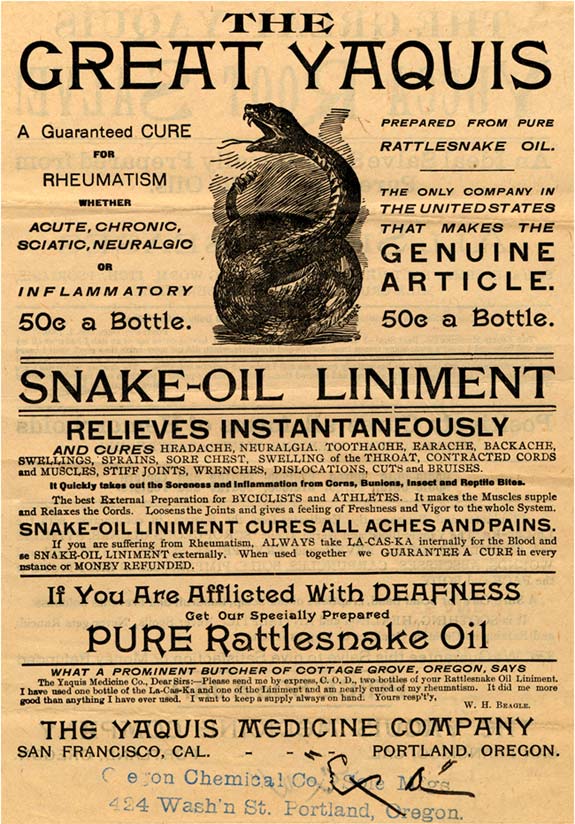« January 2014 | Main | March 2014 »
February 27, 2014
UPDATED: A Better Class of Libidinous at Duke. Meet Lauren.
Unexpectedly, and going on a decade*, Duke University has been building a somewhat unruly, vaguely feral and decidedly Epicurean--let's just call it "libidinous"--reputation in the popular media.
First, it was Tom Wolfe's 2004 novel 'I Am Charlotte Simmons', exploring the hookup culture at fictional "Dupont University." Next, a national spotlight was trained on Duke's 2006 lacrosse team, and in particular an off-campus party setting off rape allegations; although the charges there were false, and eventually dropped, the scandal and its residual civil litigation painted a wild, testosterone-drenched portrait of the Duke lacrosse program and several of it players. Finally, the 2010 publication of The Duke F*ck List, a Duke woman's explicit and often hilarious review of bedroom performances by several identified Duke men, took hookup culture at Duke to painful new depths.
And now this, stuff even Tom Wolfe can't make up:
During the 2013-14 school year, a determined and apparently open and engaging Duke freshman is moonlighting in adult films to help pay tuition. She gets outed by a male student. But, to her credit, she doesn't hide. She steps up to talk about it, defending herself and humanizing herself and the porn industry. And this has made most of her critics and others involved in her story to appear small, prissy, hypocritical, bad.
There have been scads of articles on this unusual story in last two weeks.
So in case you missed it on February 14, in one of the best early stories on this, Katie Fernelius, a reporter on The Chronicle, Duke's highly-regarded 110-year-old student daily, interviewed the co-ed in "Portrait of a porn star: Duke freshman stands behind her alter-ego". Her name is "Lauren". Lauren has this more recent interview in xojane.com on February 21. And we, like many others, are beginning to admire her. Lauren has grit and soul. Hat tip to Chicago's Andrew Johnston for the idea and the xojane.com interview.
*If you go back more than 20 years, you encounter a West campus out-of-doors institution for only the most sporting student couples known as "The Order of the Chair", spoken about in hushed tones by those who participated. Those rituals merit a separate post.

Photo: Elysia Su/Duke Chronicle
Posted by JD Hull at 10:33 AM | Comments (0)
February 26, 2014
San Antonio U.S. District Court: Texas gay marriage ban fails rational basis test.
Finding that it failed to meet the rational basis test--not "rationally related to a legitimate government interest"--a federal judge in San Antonio just declared Texas’ ban on gay marriage unconstitutional. The ban will be in place while on appeal to the 5th Circuit in New Orleans. The 48-page decision is here.
Posted by JD Hull at 11:28 PM | Comments (0)
February 24, 2014
Dan Harris: "Ten Keys For Doing Business in China. A New List".
There is no other online resource that can match Dan Harris's China Law Blog for timeliness, practicality or overall honesty about what Westerners will face in doing business in Greater China. In his Sunday post, "Ten Keys For Doing Business In China. A New List", Dan reviews a summary of China must-know cultural basics--similar in scope to primers Dan has been doing himself at CLB for almost ten years--by Asia Business professor Michael Witt appearing some time ago in Forbes. Here are two excerpts from Witt's piece, with Dan's comments in italics:
3. Take your time. Many companies want to get on the ground quickly. In one case, the CEO told his head of strategy to get China operations going within six months. Time pressure of this sort can create problems later on. It tends to result in sloppy planning and analysis. It shifts the attention from finding the right partner to finding any partner, regardless of partner fit. Moreover, it weakens your hand in negotiations. Your Chinese counterpart will know how to use your time constraints against you, and you will walk away with a worse deal. Completely agree. In my experience, there is a direct correlation between speed and quantity of mistakes. Again though, this fits into the overall need to prepare.
7. Notions of “out-of-bounds” behaviour do not necessarily match. Chinese negotiators occasionally push beyond what their Western counterparts consider appropriate bounds. For example, the representatives of a large Western firm were negotiating the distribution rights for one of their products. Their Chinese counterparts closed their initial pitch by threatening to use their political connections to prevent distribution of their products if they did not receive the rights. In another case, the Chinese party got their Western guests drunk to prevent them from being effective in negotiations the following morning (which, on the Chinese side, involved a completely different set of people). These sort of things do sometimes happen but smart companies generally have little problem in dealing with them.

Photo: Pete Stewart
Posted by JD Hull at 12:22 AM | Comments (0)
February 20, 2014
The Economist: A global look at "the entrepreneur".
In his column this month at The Economist, our friend Schumpeter (Adrian Wooldridge) asks "What exactly is an entrepreneur?" The common sense (if dispiriting) point he makes is that entrepreneurs seem to fall generally into two very different groups: (1) the relatively few but highly publicized, celebrated success stories that give the word "entrepreneur" its current cache, and (2) what the piece calls "Mom-and-Pop shops", the countless small businesses across the globe that are viable but never significantly grow. (And as Schumpeter notes, entrepreneurial "success stories" have, of course, put lots of independents worldwide out of business.) An excerpt from the column:
Countries with a lot of small companies are often stagnant. People start their own businesses because there are no other opportunities. Those businesses stay small because they are doing exactly what other small businesses do. The same is true of industries. In America industries that produce more entrepreneur billionaires tend to have a lower share of employees working in firms with less than 20 employees.
This makes sense: successful entrepreneurs inevitably destroy their smaller rivals as they take their companies to scale. Walmart became the world’s largest retailer by replacing thousands of Mom-and-Pop shops. Amazon became a bookselling giant by driving thousands of booksellers out of business. By sponsoring new ways of doing things entrepreneurs create new organisations that employ thousands of people including people who might otherwise have been self-employed. In other words, they simultaneously boost the economy’s overall productivity and reduce its level of self-employment.

Schmidt, Brin and Page of Google. May 20, 2008.
Posted by JD Hull at 01:52 AM | Comments (0)
February 19, 2014
Raymond Ward: On Client-Centered Writing. And Vampires.
The Net, unfortunately, is mainly about what's trendy and hot. Most blog posts, like old newspapers, are dated within 24 hours of publication. But a few have an enduring, evergreen quality. Do take a look at this post by Adams and Reese's Raymond Ward called "The Vampires of Legal Writing" at his the (new) legal writer. Ray notes that over-reliance on legal forms and other stock language "tends to perpetuate bad legal writing."
The problem really isn’t with forms themselves. A good set of forms, properly used, can save time and serve as helpful guides. The problems arise with what contract-drafting guru Ken Adams calls “uncritical regurgitation”—the slavish adherence to poor or obsolete forms. Here are some tips for reaping the benefits of forms while avoiding the problems that over-reliance on them can cause.
Read Ray's four tips in his post. And we would emphasize that forms, even when they are not obsolete, can cause nightmares via their boilerplate alone. In both transactional work and litigation (especially discovery), lawyers often rely on and use stock provisions and language that are either inappropriate or just plain wrong for the matter at hand. Forms are a doorway to stale thinking and even non-thinking. In fact, they can be dangerous. If you're in doubt about the form you are using, don't use it. Toss it--and just rely on your brain.

Posted by Holden Oliver (Kitzbühel Desk) at 12:59 AM | Comments (0)
February 18, 2014
Americans still select state judges through popular elections. Why?
Yes, we continue to bang this drum. But we think that the popular election of state judges is bad for everyone, and especially bad for businesses, both American and non-American companies, that typically appear before judges in a number of states. American state courts with judges chosen popularly send a message to citizens, clients and the entire world that (1) judges have "constituents", and (2) justice in those forums is for sale. The majority of states still maintain keep these systems. If you are interested in changing that, then do see "Choose Judges on Merit", a site by our favorite sane voice in the wilderness, Pennsylvanians for Modern Courts.
.jpg)
Posted by JD Hull at 11:59 PM | Comments (0)
February 17, 2014
Best Book, Hands Down, on any American President: Joe Eszterhas's American Rhapsody.
In 2000, Joe Eszterhas, former Rolling Stone editor, celebrated screenwriter, outspoken Hollywood insider and fellow Buckeye, unleashed my favorite non-fiction book: American Rhapsody. In it Eszterhas explores every fact, nuance, rumor and flight of intelligent fancy on the subject of Bill Clinton's 1995-1997 relationship with Monica Lewinsky, its real roots and the scandal as it emerged in 1998. The book is a masterful, often analytical, way-funny and brilliantly perceptive romp through scores of players, famous and obscure, with a part or bit part in the Clinton-Lewinsky drama. Esterhas has also dissected and thoroughly sussed one William Jefferson Clinton, and it's an achievement. American readers, depending on his or her sensibilities and politics, will come away liking, or disliking, the man even more. Two other bonuses come to mind. American Rhapsody is also a fine history (told in flashbacks) of American Baby Boomers, and a painstaking interpretation of Boomer culture. And Eszterhas is simply a joy to read. He is one of the most gifted writers of English, in any genre, of the last forty years.

Posted by JD Hull at 02:34 PM | Comments (0)
February 14, 2014
Light a Candle for Cairo: The Church of St. George.
We at WAC/P rarely attend religious services in any nation or jurisdiction. However, we have marveled for years at both the quality of artistry (in architecture, sculpture and painting) and depth of resources historically devoted to church interiors. In fact, exploring the alcoves and niches of the world's older Catholic churches is--at least in our fogged-up Cosmos--one of the most sensual things you can do with your clothes on after leaving U.S. soil. But go once alone. It's amazing who's in there. Most sanctuaries are open to the public during the business day and a good while into the evening. At Ms. Maryam's My Marrakesh, see her July 2010 post featuring photos she took off this church's interior in Cairo.

(Photo by Maryam)
Posted by JD Hull at 11:16 PM | Comments (0)
The Samaritans: Kenyan television rolls out its NGO-bashing version of The Office.
I watch very little television of any kind. Even worse, I have a problem with people who do. On a normal day, I just think you don't need to have the thing on any longer than 30 minutes for the news. Exceptions are some sports events, some movies, much of HBO, and anything having to do with Parker Posey or Lee Remick. Generally, however, I think television is Bad.
I do like to check out TV in other countries; it can tell you some things. And so a few years ago in a Manchester hotel room I watched part of an episode of The Office, the original BBC mockumentary comedy series created by Brits Ricky Gervais and Stephen Merchant in 2001. I thought it was brilliant. I had no idea, of course, that an American version had started airing in the states a few years before.
Since the original BBC show aired, there have been seven (7) versions of The Office: U.S., Germany, France, French-Canadian, Chile, Israel and Sweden. So you can see one version or another in about 85 countries.
And now it seems there is an eighth--out of Kenya. Called The Samaritans, the Kenyan version is about a dysfunctional NGO bent on saving Africa. The show, a satire of the world's international development community, is produced by Xeinium Productions and funded so far by Kickstarter and via its own website. The first African takeoff on The Office, the series is about the Kenya field office of an NGO called Aid for Aid which "does nothing". See yesterday's article and video in the Global Post.
.jpg)
Photo: Xeinium Productions
Posted by JD Hull at 12:22 AM | Comments (0)
February 13, 2014
Happy Birthday, EJB.

Image: Alex Waterhouse-Hayward
Posted by JD Hull at 11:59 PM | Comments (0)
February 12, 2014
Redux: Will we ever apply Ease-of-Use product concepts to Services?

And with thanks to New York City's Scott Greenfield for revisiting Ease-of-Use this week in his inventive "A Plea Agreement With An Easy To Use Handle".
About a decade ago, slowly and almost imperceptibly, industrialized economies like the United States and the United Kingdom became services-based, rather than products-based. In fact, in the last few years, both developing (interestingly, most countries in sub-Sahara Africa) and middle-income countries started to make the same transition.
Importantly, apart from the steady rise in services like financial services, health care, human services, tourism, education and information technology, the growing movement toward services was fueled by a new development: a revolutionary increase in sales of products with a "service component".
Manufacturers and sellers like IBM, now seeing themselves chiefly as solution providers, began to mix products with services, often through contracts to maintain, replace and/or modify complex equipment and hardware. Currently, if a product is involved, a product-services mix is almost always present. Sure, the seller's product is still in the picture. But the sale of services--generally, consulting services--is now the main event. Products, goods and equipment? They are now secondary, and part of the services solution. Things have changed.
Moreover, as newer and product-related services expanded, traditional and professional services--e.g., law, accounting, medicine, advertising--also continued to grow and hold their own.
Ease-of-Use for Products. In the past, and now (consider Apple's revolutionary if playful obsession with building products that are functional, attractive and highly intuitive for the user) a product, good or item of hardware you can see, feel and touch could be judged by its "friendliness" or ease-of-use.
So now we all live and work in a rapidly growing services economy. My question: In the future, can we compete for customers and clients on the basis of ease-of-use? Can we develop and apply ease-of-use product concepts to pure services? Will our own clients apply these notions to their own products and services for solving customer problems? Why not apply a user-friendliness ethos to our services for those clients? Law. Accounting. Consulting. In other words, we would apply ease-of-use to any commercial activity where a service or product-service mix is part of what people pay for.
Ease-of-Use for Services. Why not? Consider for a moment a familiar household product. In 2006, The Folgers Coffee Company was awarded an Ease-of-Use Commendation by the Arthritis Foundation for its AromaSeal Canister. If you're a Folgers drinker (arthritic or not), you notice that Folgers added an "easy-to-peel tin freshness seal" (no need for a can-opener), a new "snap-tight lid that helps seal air out and seals aroma in" and of course "convenient handle that’s easy to hold". (I love the way these ad guys-word revelers describe and sell you on the improvement. It's not corporate trained seal-speak.)
Think of other product lines in everyday life. The great companies many of us represent do spend money and expertise on making their goods, equipment and products, well, more usable. Think about your car, your luggage, your TV remote, your watch and even grips on household tools. Think again about Apple--and Dell and Microsoft. Each year these companies think through your experience with their products and try to make it even better. Continuous improvement exercises for goods and things.
Folgers is innovative but not unique. For examples, IBM and CISCO have their own ease-of-use programs for the products they sell.
Developing and applying ease-of-use concepts to services is coming anyway--even while it will be infinitely harder to do for services than for products. Law firms, of course, have always sold services. And we are a small but powerful engine in the growth of the services sector. We strategize with, guide and craft solutions for clients every day. While that's all going on--day in and day out--what is it like for the client to work with you and yours? Are clients experiencing a team--or hearing and seeing isolated acts by talented but soul-less techies?
Do you make reports and communications short, easy and to the point? Who gets copied openly so clients don't have to guess about who knows what? Is it fun (yeah, we just said fun) to work with your firm? How are your logistics for client meetings, travel and lodging? Do you make life easier? Or harder? Are you and yours accessible? In short, aside from the technical aspects of your service, does your client feel safe?
So what if law firms--or any other service provider for that matter--thought through, applied and constantly improved the delivery of our services and how clients really experience them?
And then competed on it...?

Posted by JD Hull at 11:57 PM | Comments (0)
February 11, 2014
To Woody Allen: "Never write a letter, never throw one away."
On Sunday, in response to his adoptive daughter Dylan Farrow's allegations of sexual abuse by him when she was seven years old, Woody Allen published in the New York Times an open letter that certainly no publicist, lawyer or sane human being would have advised him to send. See, e.g., in yesterday's Vanity Fair "Prosecutor from Dylan Farrow’s Sexual-Assault-Claim Case “Outraged” by Woody Allen’s Open Letter, Considering Legal Action" and the article's accompanying links. Next time, Woodman, bite your tongue.
.jpeg)
Allan Stewart Konigsberg in 2006
Posted by JD Hull at 02:48 PM | Comments (0)
February 10, 2014
You need a "New Mind" for Reinvention--Part 2.
Last week, Reinvent Law came to the Great Hall at Cooper Union in New York City. Scott Greenfield, trial lawyer, writer and my second favorite New Yorker (after Parker Posey), was there. Over at Simple Justice, his daily Speakers' Corner, he has these two posts: #ReinventLaw NYC: A Survivor’s Tale and A Plea Agreement With An Easy To Use Handle.

SHG
Posted by JD Hull at 11:03 PM | Comments (0)
February 09, 2014
Over the Weekend: This is the Way to Change the Law of Equal Protection?
Regardless of how you weigh in on the substantive issue, is this the right way to change equal protection law? See, e.g., the Washington Post's report on Eric Holder's announcement on Saturday: "U.S. Justice Department To Give Married Same-Sex Couples Equal Protection". Excerpt:
The Justice Department on Monday will instruct all of its employees across the country, for the first time, to give lawful same-sex marriages sweeping equal protection under the law in every program it administers, from courthouse proceedings to prison visits to the compensation of surviving spouses of public safety officers.
In a new policy memo, the department will spell out the rights of same-sex couples, including the right to decline to give testimony that might incriminate their spouses, even if their marriages are not recognized in the state where the couple lives.
Posted by JD Hull at 12:04 AM | Comments (0)
February 06, 2014
Curse of the Silo: "An Aggregation of Narrow Views."
If there’s anything that kills customer experience, it’s the territory wars inside organizations.
--Jeannie Walters, Founder, 360Connext, Chicago, Illinois
The creation of "silos" inside the largest Western law firms became an issue a few years ago. For those firms, a "silo", of course, meant something other than a tall agricultural storage device for grain. It had become instead a metaphor for the following: a part or process of a business that operates in isolation from other parts and processes of that business.
Silo mentality and silo cultures develop in organizations which are growing, multi-specialized and committed to separately managing and promoting each new area of sales. As a result, distinct "feifdoms" arise which seem to compete with or, worse, cavalierly ignore one another. The feifdoms (a) don't collaborate with each other to serve clients, (b) don't cross-sell together to acquire new clients or to keep existing ones, (c) do compete with each other internally for shares of the client's legal spend or (d) have all of the foregoing problems. Both the firm and client/customers it serves are compromised, and in ways that are probably measurable.
About five years ago,
Morrison and Elefant had a compelling point. To take just one example, and based on my own experiences, I do have the sense that corporate lawyers in smaller firms or boutiques are better issue-spotters than their counterparts at larger firms. They excel at seeing "the big picture". They may even thrive on working in, or at least identifying, cross-practice issues. They are like quarterbacks and point guards. Kaleidoscopic is another word that comes to mind.
Lawyers at larger firms work at some of the most storied and exciting problem-solving labs in the world. They are well-trained, energetic, smart and often gifted (even if the gene pool is a bit diminished from the good old days). Not only do I trust them, I tend to prefer them. And while they are sought-after professionals of rare abilities within a given specialty or sub-specialty, their excellence comes at the price: the myopia of uber-specialization.
Lawyers with similarly superior credentials in smaller shops who service the same corporate clients--yes, that does happen, folks--are arguably more versatile and broad-gauged. Smaller firm lawyers issues under practice areas about which they are not expert, but know enough about to have a competent instinct. Silo mentality and the "aggregation of narrow views" is not part of their day-to-day experience.
Silos, of course, can arise almost anywhere. Clients, the companies we serve, can have the same problem. In fact, most of them do. Last week, Jeannie Walters, the Chicago-based consultant and writer, and founder of 360Connext, wrote on "How To Expand Your C-Suite Without Creating New Silo" at Business2Community. It's an interesting piece, confirming that silos cultures can hamstring our clients, if under much different circumstances. If your firm represents large or sophisticated companies, you should read it. Here's an excerpt:
As the C-Suite becomes more crowded, it’s important everyone feels heard. ....Chief Digital Officers are not necessarily replacing Chief Information Officers. So where is the line? Do they know? What about the Chief Marketing Officer and the Chief Customer Officer? Where does one role end and the next take over? It’s so tempting to think another role, another department or another leader will fix all the ills. But that’s just not the case. Leaders show the way to their teams, and if they are confused or worried about overstepping, their people will pick up on that.

Photo: Dale Mahalko, Gilman, WI,
Posted by JD Hull at 11:22 PM | Comments (0)
February 03, 2014
Losing Our Religion: The End of The Brand?
Branding differentiates a seller's product or service from those of his competitors. Over the weekend at The Economist, Adrian Wooldridge, who writes the magazine's Schumpeter column, wondered aloud whether the Cult of the Brand is rapidly coming to an end. Its newest enemy? The Consumer. See "We Want To Be Your Friend". Excerpt:
But spare a thought for the poor admen. Their industry is going through a particularly difficult time. Not only are they confronting a proliferation of new “channels” through which to pump their messages; they are also having to puzzle out how to craft them in an age of mass scepticism. Consumers are bombarded with brands wherever they look—the average Westerner sees a logo (sometimes the same one repeatedly) perhaps 3,000 times each day—and thus are becoming jaded.

Posted by JD Hull at 06:02 AM | Comments (0)